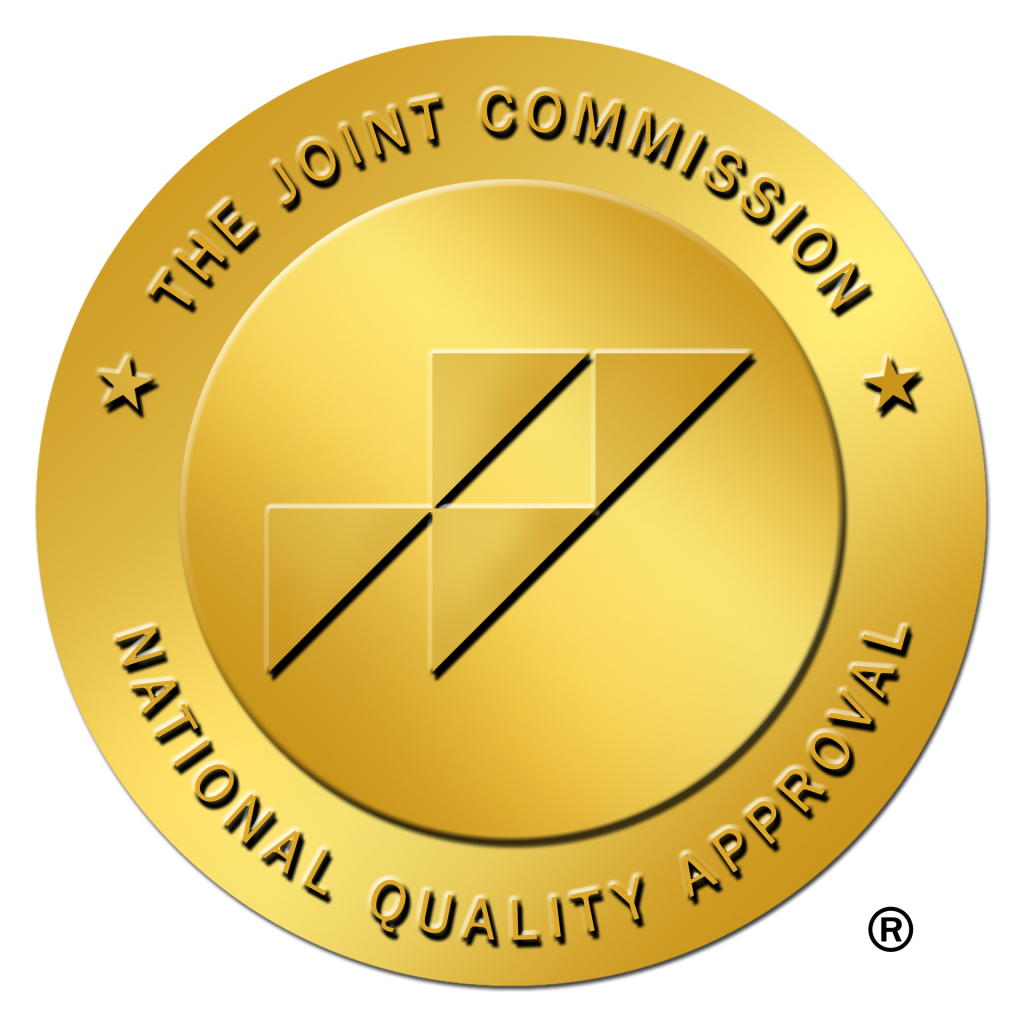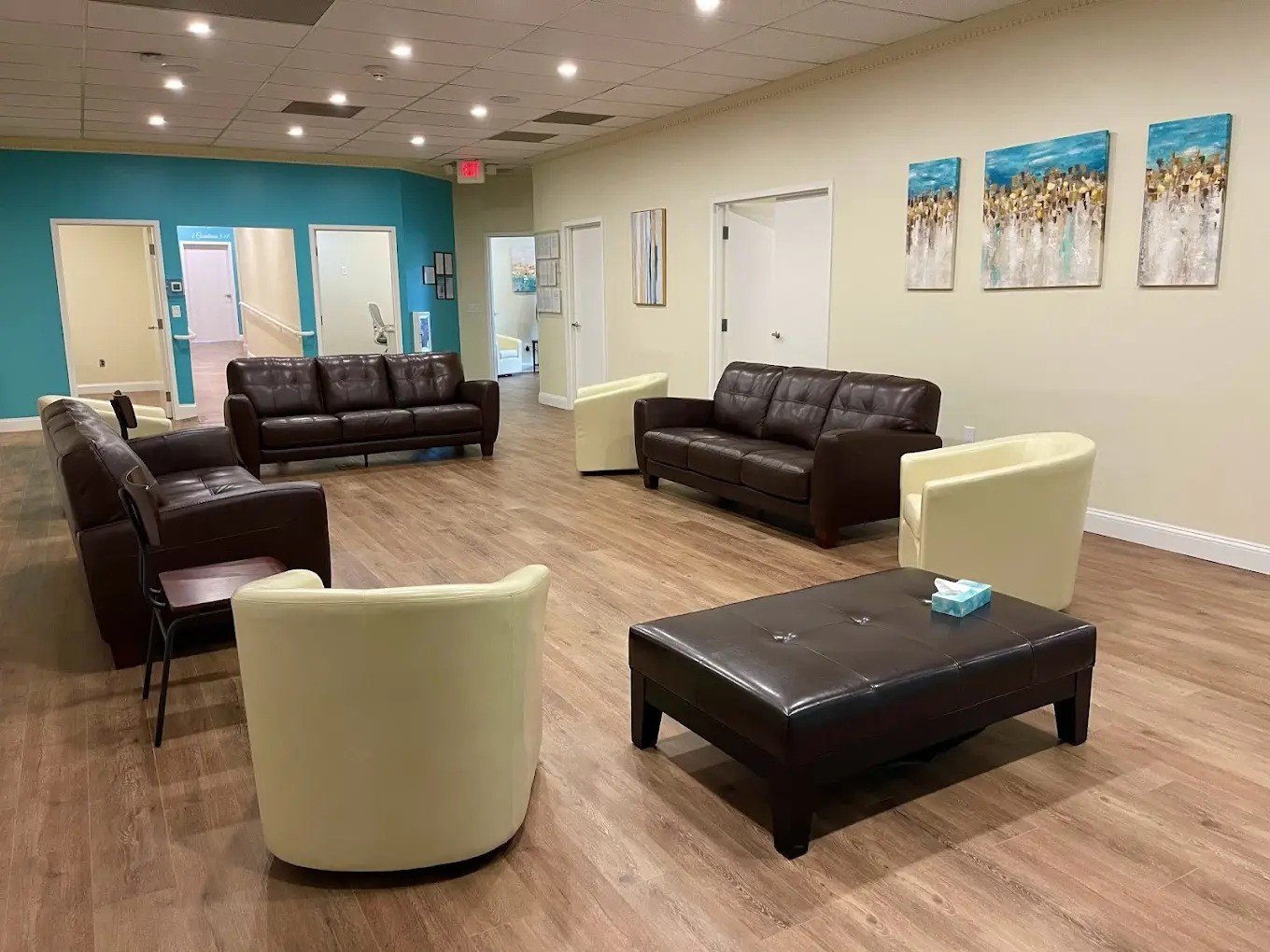Christian Alcohol Rehab Nj
Personal Journeys in Recovery
The road to recovery is often a deeply personal journey, marked by moments of profound challenge and unexpected triumph. Numerous individuals across New Jersey have found solace in the supportive and faith-based environment offered by Christian alcohol rehab NJ. This unique approach intertwines spiritual guidance with evidence-based treatment methodologies, empowering individuals to overcome addiction.
For many, the integration of faith into the recovery process provides a renewed sense of purpose and hope. Individuals often discover a deeper connection with themselves and their community, allowing them to rebuild their lives with a robust support network. This personalized journey not only addresses the physical aspects of addiction but also fosters emotional and spiritual healing.
Innovative Approaches to Treatment
New Chapter Recovery stands out in the field of Christian alcohol rehab NJ with its innovative treatment methods that combine traditional recovery strategies with modern therapeutic techniques. One of the pivotal elements of their program is the incorporation of evidence-based therapies such as Cognitive Behavioral Therapy (CBT) and Dialectical Behavior Therapy (DBT).
These therapies are complemented by faith-based practices, tailoring treatment plans to suit the unique needs of each individual. The center’s animal-assisted therapy and specialty tracks for veterans exemplify their commitment to providing comprehensive and compassionate care. By integrating these various modalities, New Chapter Recovery effectively addresses the multifaceted nature of addiction.
In addition to individualized counseling, the center offers group therapy sessions that foster communal healing. Participants are encouraged to share their experiences and insights, creating a supportive environment where collective wisdom enriches the recovery process.
Faith-Based Healing in Action
The heart of Christian alcohol rehab NJ lies in its holistic approach to healing, where faith is an integral component of the recovery journey. At New Chapter Recovery, spiritual development is woven into the fabric of treatment, offering individuals a chance to explore their beliefs and find solace in their faith.
The center provides access to spiritual guidance and counseling, allowing participants to explore and deepen their faith as a source of strength. This approach not only aids in the recovery from addiction but also contributes to personal growth, empowering individuals to lead fulfilling lives post-treatment.
Key Benefits of Faith-Based Programs:
- Enhanced sense of purpose and community connection
- Spiritual guidance integrated with clinical practices
- Support from like-minded individuals on similar journeys
Balancing Recovery with Life
One of the challenges faced by individuals seeking treatment is managing the demands of daily life while participating in a recovery program. New Chapter Recovery understands the need for flexibility and offers outpatient programs that allow clients to maintain their responsibilities while receiving treatment.
The center’s Intensive Outpatient Program (IOP) and Partial Hospitalization Program (PHP) provide structured care that accommodates work and family obligations. With evening and weekend sessions available, individuals can continue with their professional and personal commitments without compromising their recovery process.
This balance is crucial for long-term sobriety, as it enables individuals to reintegrate into their communities and maintain their roles in their families and workplaces. By offering a flexible approach, New Chapter Recovery supports sustainable recovery while empowering individuals to regain control of their lives.
Community Support and Involvement
Community plays a vital role in the success of Christian alcohol rehab NJ, offering a network of support that extends beyond the treatment center. New Chapter Recovery fosters strong connections within the community to provide a comprehensive support system for individuals in recovery.
The center collaborates with local organizations and churches to create a network of resources, ensuring that clients have access to continued support and guidance. These partnerships are instrumental in facilitating community reintegration and maintaining long-term sobriety.
Moreover, family involvement is encouraged throughout the recovery process. By engaging families in therapy and educational sessions, New Chapter Recovery strengthens the support system and fosters a collaborative approach to healing and growth.
Navigating Dual Diagnosis Challenges
Treating substance use disorders often requires addressing co-occurring mental health conditions, a complexity that New Chapter Recovery is well-equipped to handle with its dual diagnosis approach. The center’s trauma-informed clinical practices ensure that both addiction and underlying mental health issues are addressed concurrently.
This integrated model promotes comprehensive healing, empowering individuals to achieve emotional and psychological wellness alongside sobriety. By focusing on both mental health and addiction, New Chapter Recovery mitigates the risk of relapse and equips clients with the tools necessary for sustained recovery.
Through personalized treatment plans, clients receive care tailored to their specific needs, with an emphasis on measurable clinical outcomes. This holistic approach ensures that all aspects of an individual’s well-being are considered and supported throughout the recovery journey.
Components of Dual Diagnosis Treatment:
- Comprehensive assessments and personalized treatment plans
- Integrated mental health and addiction services
- Emphasis on trauma-informed care
Commitment to Lasting Sobriety
New Chapter Recovery’s commitment to lasting sobriety is evident in its structured step-down care and extensive aftercare planning. By providing a continuum of care through programs like the Outpatient Program (OP), clients receive ongoing support as they transition back into everyday life.
The center’s focus on long-term relapse prevention and community reintegration equips individuals with the skills necessary for sustained success. With same-day admissions and free confidential assessments, New Chapter Recovery prioritizes accessibility and immediate support for those seeking help.
Through personalized goal setting and a multidisciplinary clinical team, New Chapter Recovery ensures that each client is equipped with the tools and resources to navigate their unique recovery journey. This commitment to lasting sobriety reflects the center’s dedication to creating transformative and enduring change in the lives of its clients.
Embracing Flexibility and Accessibility
In a world where time is a precious commodity, New Chapter Recovery’s approach to Christian alcohol rehab NJ is designed to accommodate the needs of busy professionals, veterans, and families. By offering flexible scheduling options, the center ensures that treatment is accessible to those balancing multiple commitments.
With evening and weekend sessions available, clients can receive the care they need without sacrificing their professional or personal responsibilities. This flexibility is particularly beneficial for individuals who are unable to commit to residential programs but still require intensive outpatient support.
The center’s insurance verification team further enhances accessibility by expediting benefit checks for out-of-network and Tricare benefits, ensuring that financial concerns do not hinder access to quality care. This streamlined process reflects New Chapter Recovery’s commitment to removing barriers to recovery and supporting clients in their pursuit of healing and wellness.
What makes New Chapter Recovery’s faith-based approach to alcohol rehab unique in NJ?
New Chapter Recovery integrates faith-based healing as a core component of its treatment approach, offering a unique blend of spiritual guidance alongside evidence-based therapies like CBT and DBT. This fusion allows individuals to explore their spirituality, which can be a powerful source of hope and motivation in recovery. By incorporating community support and spiritual development into clinical practices, New Chapter Recovery meets individuals not just where they are in their substance use journey, but also in their spiritual exploration. This distinctive approach empowers clients to rebuild their lives with a renewed sense of purpose and connection.
For instance, imagine a client who finds solace in weekly spiritual counseling sessions, which provide them with personal insights and strengthen their resilience against relapse. Such experiences highlight the profound impact of faith in the recovery process. How might integrating spiritual care redefine recovery for someone you know?
How does New Chapter Recovery address dual diagnosis challenges?
At New Chapter Recovery, a comprehensive dual diagnosis approach is employed to treat clients with co-occurring mental health conditions alongside substance use disorders. This is crucial because untreated mental health issues can significantly impede recovery. By using trauma-informed clinical practices, the center ensures that both the psychological and substance use aspects are addressed concurrently, fostering holistic healing.
The use of specialized therapeutic modalities, such as motivational interviewing and experiential therapy, helps clients gain insight into their behaviors and triggers. Such an integrated model not only reduces the risk of relapse but also promotes a deeper understanding of underlying mental health challenges. Imagine the transformation for clients when mental clarity and sobriety start working hand in hand. What aspects of mental health do you think are most important to address in addiction treatment?
Can outpatient programs like those at New Chapter Recovery be as effective as residential rehab?
Absolutely. Outpatient programs at New Chapter Recovery, such as the Partial Hospitalization Program (PHP) and Intensive Outpatient Program (IOP), offer structured care models that can be just as effective as residential rehab for many clients. These programs provide the flexibility to maintain work or family commitments while receiving intensive treatment, which is especially beneficial for those who require a balanced approach to recovery without the need for 24-hour supervision.
The effectiveness of outpatient care often lies in its ability to cater to those in stable environments who have strong support systems. For instance, clients can apply coping strategies in real-time within their daily lives, which helps in developing sustainable recovery skills. Have you considered how balancing treatment with daily commitments might aid someone’s recovery journey?
What role does community involvement play in the recovery process at New Chapter Recovery?
Community involvement is pivotal at New Chapter Recovery, where the establishment of a robust support network is highly encouraged. By collaborating with local organizations and churches, the center creates extended support systems for clients, which facilitates lasting recovery and community reintegration. This network aids in reducing isolation and fosters a sense of belonging among clients, which can significantly bolster the recovery process.
Family involvement is also a cornerstone of their approach, as engaging family members in therapy reinforces the recovery journey and promotes healing beyond the individual. Imagine the difference it makes when clients feel surrounded by a community that supports their efforts. How might open family communication impact someone’s recovery experience?
How does New Chapter Recovery ensure accessibility for individuals with busy lifestyles?
New Chapter Recovery prioritizes accessibility and flexibility by offering treatment programs that accommodate busy schedules. With options for evening and weekend sessions, clients can continue their professional and personal commitments without compromising their recovery journey. This approach is particularly crucial for working professionals and families who might struggle to find time for traditional treatment schedules.
Additionally, the center’s swift admission process, with same-day assessments and expedited insurance verifications, removes barriers that might prevent individuals from seeking timely help. For those balancing multiple commitments, such flexibility ensures that receiving quality care is always a viable option. How might flexible treatment scheduling impact your decision to seek help or support someone seeking treatment?
What is the significance of animal-assisted therapy in New Chapter Recovery’s treatment framework?
Animal-assisted therapy at New Chapter Recovery offers unique therapeutic benefits that complement traditional treatment methods. Interacting with animals has been shown to reduce stress and anxiety, improve mood, and create a non-judgmental environment that encourages openness and healing. For many individuals, this can be a comforting and motivational component of their recovery journey.
Through activities like dog therapy sessions, clients experience moments of joy and connection that can significantly enhance emotional well-being. Imagine the comforting presence of a therapy dog during a challenging day–a simple yet powerful reminder that support and unconditional acceptance are available. How do you think incorporating animals into therapy could change the dynamic of a recovery session?
How does New Chapter Recovery measure the success of its treatment outcomes?
Success at New Chapter Recovery is measured through personalized goal setting and consistent evaluation of clinical outcomes. The multidisciplinary team tailors treatment plans to each individual’s needs, ensuring that progress is tracked and goals are adjusted as necessary. This approach allows for measurable improvements in both substance use and mental health, providing clear indicators of recovery success.
The center emphasizes practical outcomes, such as improved relationships, better job performance, and stronger coping skills, as markers of successful recovery. This focus on tangible results helps clients see the benefits of their hard work, reinforcing their commitment to lasting sobriety. What outcomes do you believe are most important in assessing the effectiveness of a treatment program?
Resources
- Substance Abuse and Mental Health Services Administration (SAMHSA) – SAMHSA is a government organization that leads public health efforts to advance the behavioral health of the nation.
- National Alliance on Mental Illness (NAMI) – NAMI is a grassroots mental health organization dedicated to building better lives for the millions of Americans affected by mental illness.
- American Psychiatric Association (APA) – APA is the leading psychiatric organization in the world, advocating for excellent mental health care.
- National Institute of Mental Health (NIMH) – NIMH is the leading federal agency for research on mental disorders.






